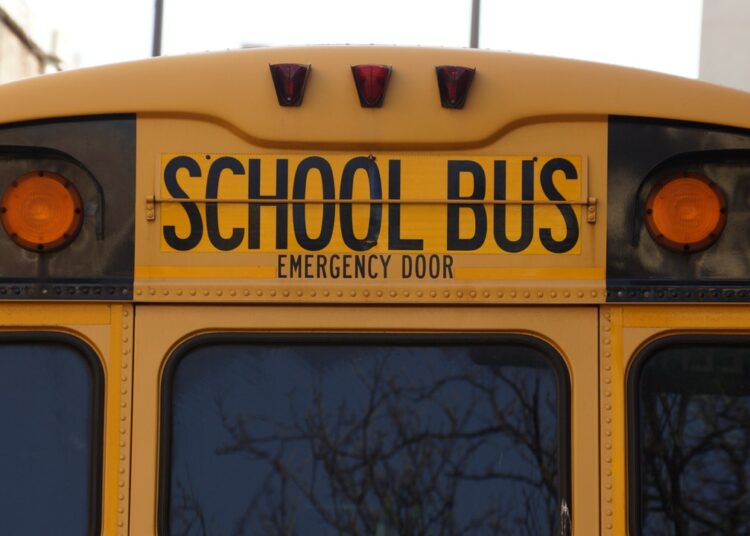Last updated on January 30th, 2020 at 10:32 am
Millions of America’s school children are trapped in failing public schools. This is especially so in urban areas that are often heavily populated by racial minorities. Their parents lack the resources to send their children to private schools, and the power of teacher unions prevent them from holding public schools accountable. But a case heard last week by the US Supreme Court holds the potential to upend the education system and give parents considerably more power, and resources, to help their children receive a quality education.
In the landmark case of Espinoza v Montana Department of Revenue, three mothers are suing to invalidate a state constitutional provision that prohibits public monies from being used to send children to private schools, including religious schools. Nearly 40 US states have similar constitutional provisions, called “Blaine Amendments.” The mothers want to reinstate a Montana scholarship program benefitting underprivileged families that provided public scholarship funds that parents could use to send their children to private schools, including religious schools. The mothers argue that the state constitutional provision amounts to illegal discrimination against them because of their faith, and according to news reports it appears that a majority of the US Supreme Court members may agree with them.
School choice advocates hope that the Supreme Court will invalidate the Blaine Amendments as violating the US Constitution. This will open the door for states to consider voucher and similar school-choice programs that give parents the ability to enroll their children in private, including religious, schools that have a far better track record of providing a quality education. Teachers unions and educational bureaucrats strongly oppose school choice programs because they eliminate their strangle-hold on public education, and have used Blaine Amendments to hinder the school choice movement from advancing.
If the US Supreme Court agrees that Blaine Amendments such as the one in Montana are unconstitutional, this case could become one of the most important Supreme Court decisions in many years, potentially impacting millions of families. A decision is expected by June 2020 when the current Supreme Court terms concludes.




















Discussion about this post